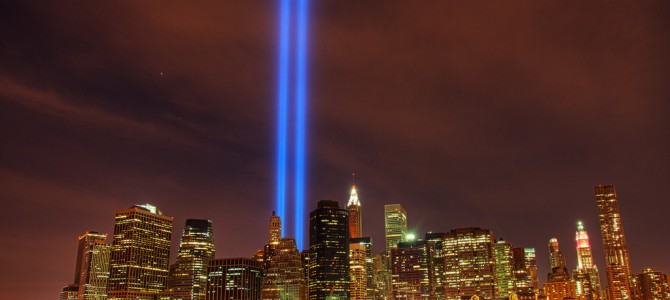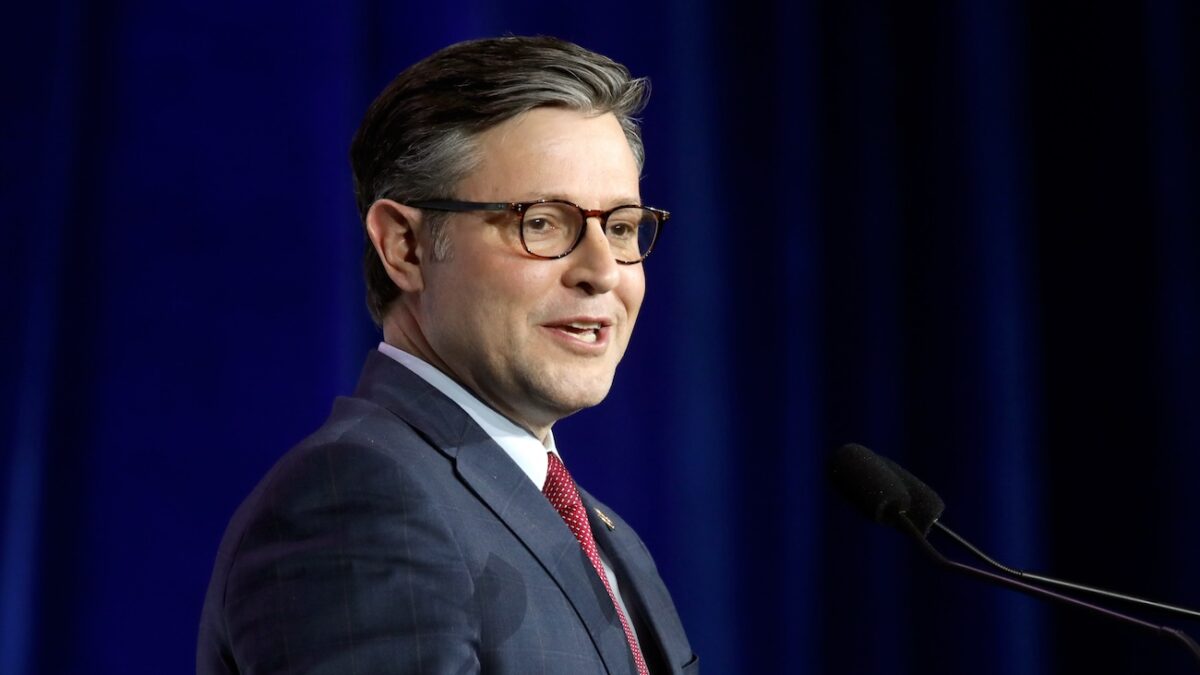
Fourteen years after the greatest terrorist attack on the soil of the United States, one thing is clear: virtually everything we thought about America in the days after 9/11 was wrong.
Reading through the rhetoric and press coverage of the time as we approached this anniversary, a few threads run through nearly every piece and speech. First, that Americans are more united than they have ever been in understanding who we are and our place in the world. Second, that we are grappling with a new and different sort of enemy, but one that will be defeated with the same American attributes that have sustained us in the past. And third, that so long as we act with purpose and clarity, the world will stand with us in what we must do next – that we are not alone.
Fourteen years later, it is astonishing the degree to which these and other lessons of that day have been forgotten, rendered moot, or cast aside.
Shocking as it seems, America didn’t learn much at all from 9/11. It was not a particular moment of cultural or political change in American society. No generally held assumptions were overturned. No historical watershed was reached. It yielded no great art or literature. The monuments to the dead are for the most part defeatist, not expressions of resolve. What was baked into America’s future on the 10th of September, 2001 was still there on the 12th of September, 2001. The nation did not change.
As a matter of foreign policy, America tried first the optimistic and interventionist agenda of George W. Bush, which began with lofty words about the freedom of all peoples, and ended with a 180 degree shift in policy in an attempt to make Iraq a place where beheading day wasn’t every day that ended in “y”. It shifted afterwards to the incoherent policies of Barack Obama, which have allowed a vacuum so chaotic, this very week The White House cannot decide between supporting Vladimir Putin in battling ISIS, or supporting arms against him in seeking to topple Assad.
Politically speaking, 9/11 did not cause a great sort in the coalitions of either party. Our process today is more monopartisan, not less. The consequences of the brief moment of bipartisanship were very limited. Perhaps you would have had a Hillary Clinton presidency followed by a likely Obama presidency, as opposed to an Obama presidency followed by a likely Clinton presidency – but then, the Obama presidency has felt more like a Hillary Clinton presidency than we expected, in so many corporatist ways.
Philosophically speaking, 9/11 taught Americans very little. The unity it inspired in outpourings of shared grief was astonishingly brief. Today, we are more fractured than ever along the lines of race and class. The trust it inspired in our leaders and elites was squandered – today, there is less trust in elite institutions of all kinds than ever before. Our pluribus lacks unum.
Nor did 9/11 prompt a great debate and rethinking of what risks freedom entails, what its nature is, and what the need for heightened security demands from our government and from us. What does it mean that government exists to secure our liberty, and what should we do with that liberty, once secured? Today people take it for granted that we will be frisked, poked, and prodded in all sorts of ways, but that it mostly amounts to pointless security theater. They take it for granted that our established security state is so unsecure that it can be easily penetrated by foreign governments with no consequence for them. They assume our government spies on us, but also assume that it is not very good at it.
Think back to other epochal moments in American history: the moment Americans learned of Lexington and Concord, or Fort Sumter, or Pearl Harbor. What did Americans do on hearing that news?
At bare minimum, they were forced to take a stand within their communities in reaction to the great event. They had to make a choice. They had to change their lives.
Nothing like that happened on 9/11. It came and it went. We wept and we forgot. The indictment of our society today is that 9/11 wasn’t a date that changed everything for us, not for the elites, and not for the people.
But if there is solace to be found here, it is in this: that there are still some Americans who, when the time calls for it, have the courage to act in the face of great danger to save lives. Anthony Sadler, Spencer Stone, and Alek Skarlatos did so most recently when the moment demanded action on a train in France. There are across the nation many people, good people, who still hold to that spirit and understand that obligation.
It has been said for years now that we are a nation without heroes, and that a nation without heroes is a nation in the soup. Look at those heroes, and who were they? Firemen, police, medics, nurses, steel workers. That’s real strength. That’s the real strength of the country. And those aren’t celluloid heroes. That’s the real thing. Did you notice how young so many of them are? Did you see the young woman whose husband and other young men on that flight that went down in Pennsylvania? They’re our heroes, and they’re young. They’re of this generation who is supposedly untested, soft, spoiled, without direction. Don’t believe it. We should take heart from that.
Perhaps there is some hope to be found in this. 9/11 may not have changed the way we understood America’s role in the world or our role as citizens. But there are a few things that have not changed about Americans, some precious inclinations that have not yet been stamped out. There are still Americans who innately understand the balance of independence and duty. There are still Americans with courage to rise to the test when the moment calls. There are still Americans who will run to the sound of the guns. And we should take heart from that.









